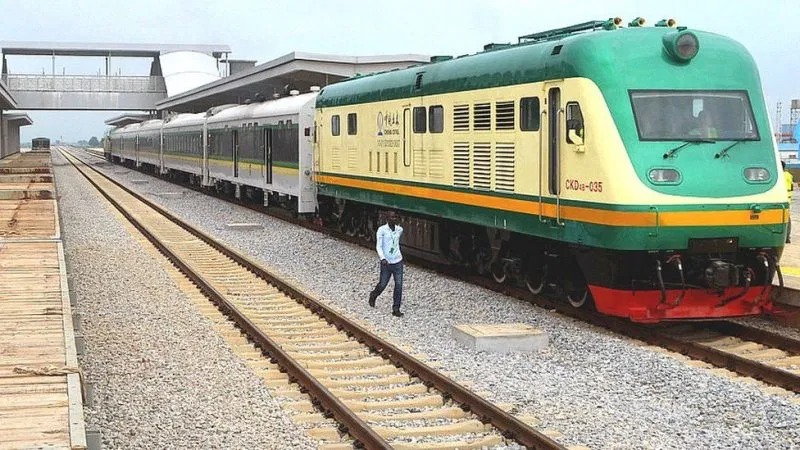
This announcement was made in a statement sighted on Friday on the ministry’s website.
Under the MoU, the UK firm will manage the design, construction, commissioning, operation, and eventual transfer of the Port Harcourt–Enugu–Calabar–Abuja Standard Gauge Rail Line.
The ministry stated that the MoU signing followed the approval of the Outline Business Case and the issuance of a compliance certificate by the Infrastructure, Concession, and Regulatory Commission.
This clearance enables Messrs MPH Rail Development Limited to focus on compiling the necessary documentation for Federal Executive Council approval to advance the project.
The MoU signing ceremony between the minister and the management of Messrs MPH Rail Development Limited was attended by the Permanent Secretary of the Ministry of Transportation, Olufemi Oloruntola, along with the Director of Rail Development, Zirra Fimbarr; and the Director of Legal Services, Pius Oteh.
The Minister of Transportation, Senator Said Alkali, assured all of the ministry’s support for the successful implementation of the project.
He emphasized the importance of diligent preparation and submission of all requisite documents to expedite FEC’s approval.
The statement read in part, “As part of the initiative to consolidate the ongoing railway modernisation projects consistent with the Renewed Hope Agenda of Presidential Bola Ahmed Tinubu’s administration, the Minister of Transportation, Senator Said Ahmed Alkali, has executed a Memorandum of Understanding on behalf of the Federal Ministry of Transportation with Messrs MPH Rail Development (UK) Limited to enable the company to carry out the design, construction, commissioning, operation and transfer of the Port Harcourt–Enugu–Calabar–Abuja Standard Gauge Rail Line on Public – Private Partnership basis.”
The ministry said vital documents required for the project’s progression include a comprehensive feasibility study report, a complete Business Case Study, an Environmental and Social Impact Assessment, the development of a Resettlement Action Plan, and the formulation of a Financial Model to facilitate project implementation.
This ensures that the project’s transfer to the federal government under a PPP arrangement without incurring loans or debts for the Nigerian government or its agencies.













